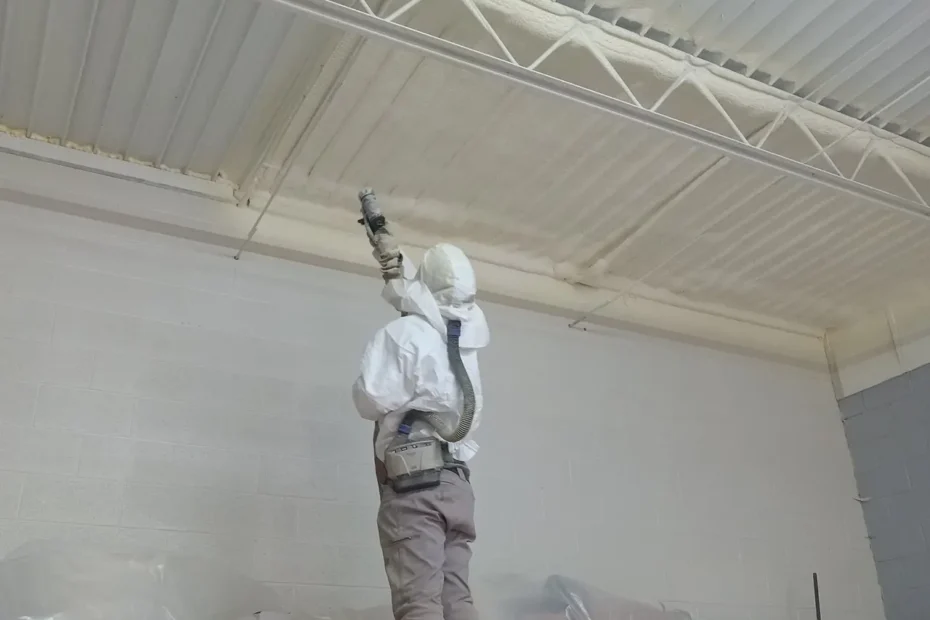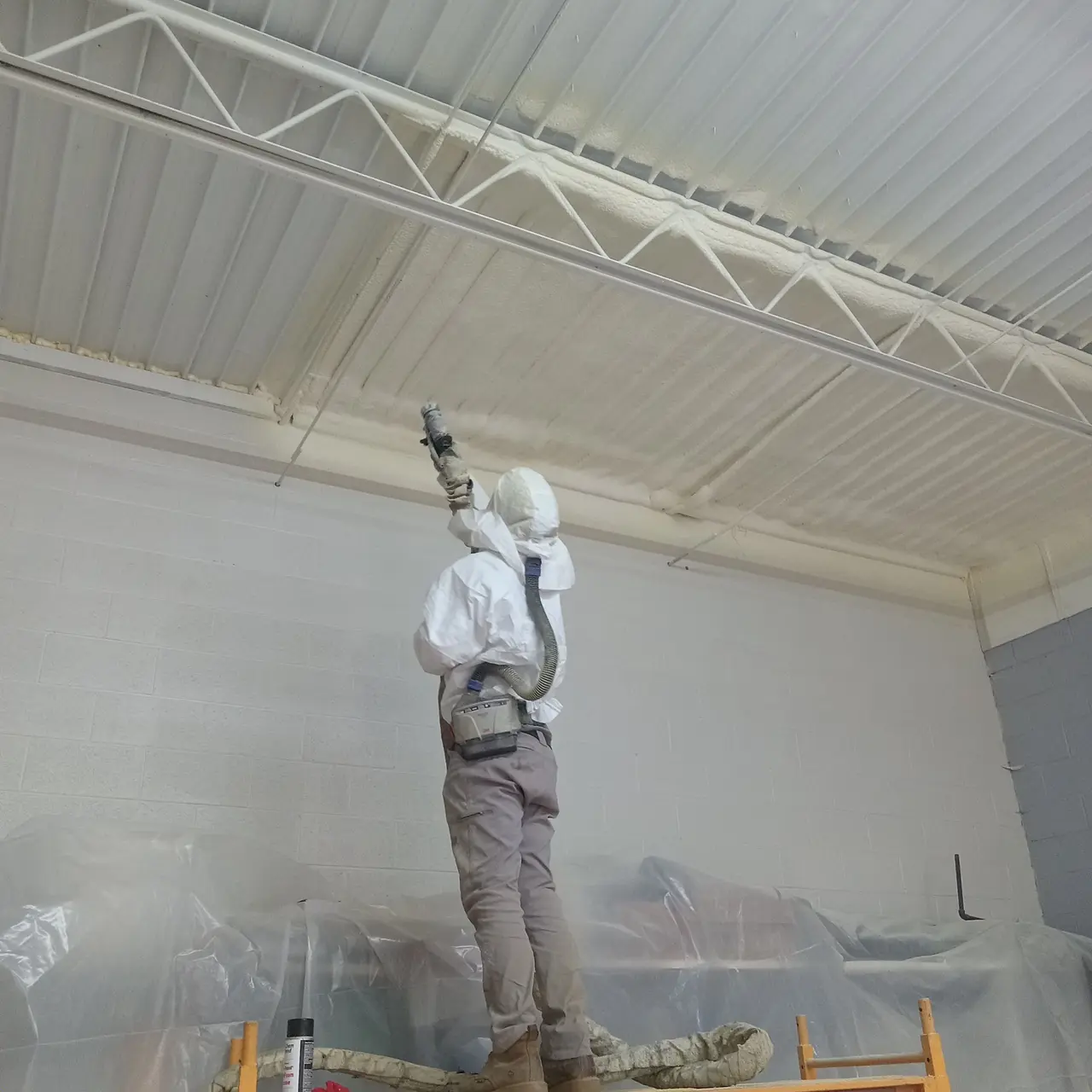Insulation plays a pivotal role in maintaining the comfort of our homes, yet its importance often goes unnoticed until a problem arises. Insulation contractors are the specialists who ensure that our living spaces are energy-efficient, cozy, and protected from the elements. This blog delves into the vital contributions of insulation contractors in enhancing home comfort and energy savings.
Understanding the Basics of Home Insulation
Home insulation refers to the materials and techniques used to prevent heat loss or gain inside a home. Understanding these basics lays the foundation for effective energy management. Insulation acts as a barrier against heat transfer, ensuring that your home remains warm during winter and cool in summer.
There are various types of insulation materials available, including fiberglass, cellulose, and foam board, each offering unique benefits. For instance, fiberglass is a popular choice due to its cost-effectiveness and excellent thermal resistance. Cellulose, made from recycled paper, appeals to environmentally conscious homeowners, while foam board excels in areas where space is limited.
The application methods of insulation materials can vary dramatically. From blown-in insulation for attics to batt insulation for walls, the choice made by insulation contractors needs to match the specific requirements of the home. A trained professional considers factors like R-value, moisture resistance, and installation techniques to create the most effective insulation system.
The Role of Insulation Contractors in Home Efficiency
Insulation contractors are skilled professionals who assess a home’s insulation needs and recommend appropriate solutions. This expertise is critical for optimizing energy efficiency. By conducting thorough inspections and evaluating various factors such as existing insulation, climate, and energy usage, they can create a tailored approach that enhances performance.
Moreover, insulation contractors stay updated on the latest trends and advancements in insulation technology. This allows them to provide homeowners with the best options available, enhancing not only comfort but also energy efficiency. For instance, they may suggest cutting-edge materials or innovative installation methods that significantly impact energy consumption.
In collaborating with other contractors, they ensure that the entire home is well-coordinated in terms of energy efficiency. This holistic approach emphasizes the interconnectedness of insulation with heating, cooling, and ventilation systems. By grasping these critical relationships, insulation contractors help maximize the overall energy-saving potential of any residential project.
Common Areas That Require Insulation
While insulation is crucial throughout the home, certain areas, such as attics, walls, and crawlspaces, require special attention. Each area presents its unique challenges and opportunities for improvement. This section will outline the significance of each area and why insulation is critical there.
Attics are often the most overlooked spaces when it comes to insulation, but they are vital for regulating temperature in the home. Poorly insulated attics can lead to significant heat loss during winter, increasing energy costs and making the home less comfortable. Insulation contractors ensure that attics are properly insulated, using materials that minimize air leaks and enhance thermal performance.
Similarly, wall insulation plays an integral role in maintaining a home’s energy efficiency. Without adequate insulation in the walls, homes can feel drafty and suffer from uneven temperatures. Insulation contractors specialize in identifying gaps and applying the right materials to enhance thermal resistance, ultimately leading to substantial energy savings.
Crawlspaces can also be a source of major energy loss. Insulation contractors address common issues such as moisture buildup and uneven temperatures in these often-neglected areas. Through appropriate insulation techniques and moisture barriers, they can create a healthy environment that not only enhances energy efficiency but improves indoor air quality as well.
How Proper Insulation Improves Home Comfort
Effective insulation can significantly enhance a home’s comfort level by stabilizing indoor temperatures and reducing noise. This results in a more serene and pleasant living environment, allowing families to relax without disturbances. Insulation contractors recognize the importance of soundproofing qualities, especially for homes located in noisy urban areas, and apply various materials accordingly.
Another advantage of proper insulation is its ability to create a more consistent temperature throughout the household. Rather than experiencing hot or cold spots, homeowners can enjoy a uniformly comfortable environment. Insulation contractors achieve this by expertly sealing drafts and preventing airflow disruptions that compromise comfort.
Proper insulation is not solely about thermal comfort; it also contributes to overall health and well-being. By preventing moisture accumulation, it reduces the risk of mold growth and associated health issues. Insulation contractors employ best practices to create an environment that promotes physical well-being through vital moisture control.
Energy Savings Through Professional Insulation
Investing in proper insulation not only improves comfort but also leads to considerable energy savings. Homeowners often underestimate the cost implications of inadequate insulation, which can lead to increased energy bills. This part of the blog will highlight how insulation reduces energy bills and promotes environmental sustainability.
By providing a thermal barrier, insulation minimizes the amount of energy needed for heating and cooling systems to operate efficiently. Insulation contractors calculate energy savings based on specific R-values and energy performance criteria, allowing homeowners to understand the financial benefits of their investments. Many homeowners who invest in insulation report reductions in their heating and cooling costs of up to 30%.
Furthermore, energy-efficient homes tend to have a higher resale value. Potential buyers often view insulation as a valuable asset contributing to lower utilities and enhanced comfort. This perspective creates an added layer of financial justification for hiring professional insulation contractors to complete the job correctly.
Choosing the Right Insulation Contractor
Selecting a qualified insulation contractor is vital for ensuring quality workmanship. This section will provide tips on how to choose the right contractor for your insulation needs. First, verify credentials and look for certifications relevant to insulation projects, as these signify competence and adherence to industry standards.
Second, seeking referrals and testimonials from previous clients can offer valuable insights into a contractor’s reliability and the quality of their work. A reputable contractor should willingly provide references; genuine reviews from other homeowners can often highlight specific strengths and potential weaknesses.
Lastly, consider obtaining multiple quotes to ensure fair pricing. However, price should not be the sole determining factor. A detailed proposal that outlines the scope of work, materials used, and timelines is crucial for understanding what you are paying for. Insulation contractors who provide clarity and transparency in their quotes are usually more trustworthy.
The Key Takeaway: Trust the Experts in Insulation
In conclusion, insulation contractors are essential to ensuring that our homes provide the comfort and energy efficiency we desire. Their expert skills not only insulate our attics and walls but also contribute significantly to our overall well-being and savings in energy costs. By investing in professional insulation services, homeowners can improve their living conditions and promote a sustainable future.

